By Susan Wylie, IWRC Board Member
Last month I attended the 11th International Effects of Oil on Wildlife conference in New Orleans, Louisiana. This conference was attended by a variety of professionals including government agencies, wildlife rehabilitators, veterinarians, biologists, researchers and oil response companies.
With oil spills occurring more frequently around the globe, I attended this symposium to acquire a better understanding of what is required to respond to oil spills and to determine what I could do to help with a response effort . Sadly, oil spills happen every day and it is likely that as a rehabilitator, I will participate in this type of response at some point.
The conference not only addressed topics such as the steps and protocols needed to respond to oil spills, but many presenters spoke of the current research that is being done to see the physical effects oil is having on wildlife and the surrounding environment. Presentations were also given on how to organize and manage volunteers during a crisis, and the planning and decision making needed to deploying an emergency response centre.
It caught my attention that responders are focusing their efforts more and more on animal welfare and the psychological effects response efforts have on animals. Responders are learning that these factors play a large role in the survival rate of oiled wildlife. Speakers emphasized the importance housing, enrichment and diet play in reducing the animal’s stress and increasing its chance of surviving in the wild. Examples and descriptions were given so that the participants could apply the knowledge to their own centres in emergency and non-emergency situations.
Networking and attending these types of events is crucial to preparing for the unprepared.The conference allowed both experienced and inexperienced individuals to share ideas and to discuss methods of response to small and large-scale oil spills and other emergency situations. Oil spill responders from the United Kingdom, New Zealand, United States, Canada and as far as Singapore networked together with the ultimate goal of saving wildlife in distress as quickly and efficiently as possible.

Leave a Reply
You must be logged in to post a comment.